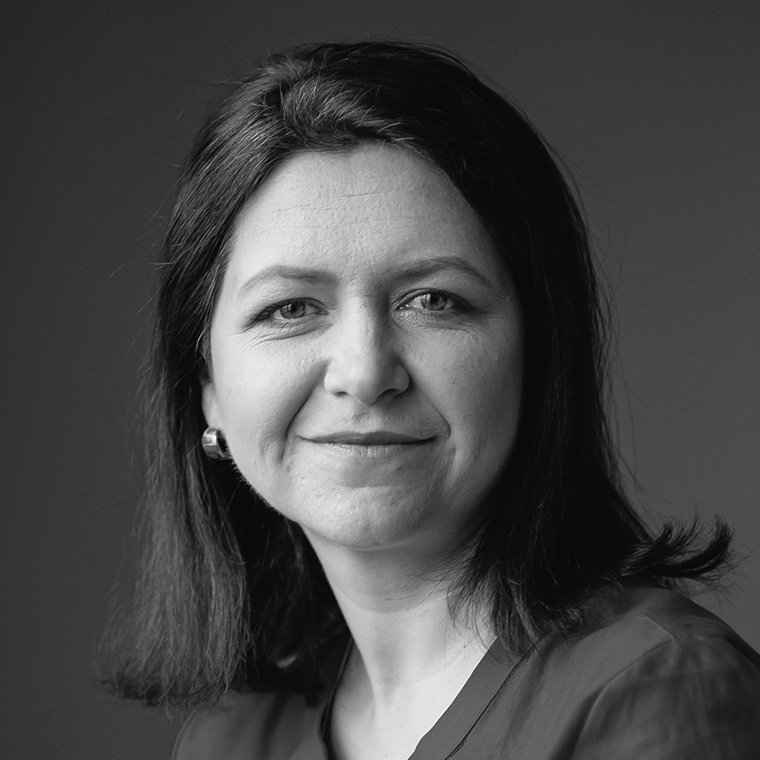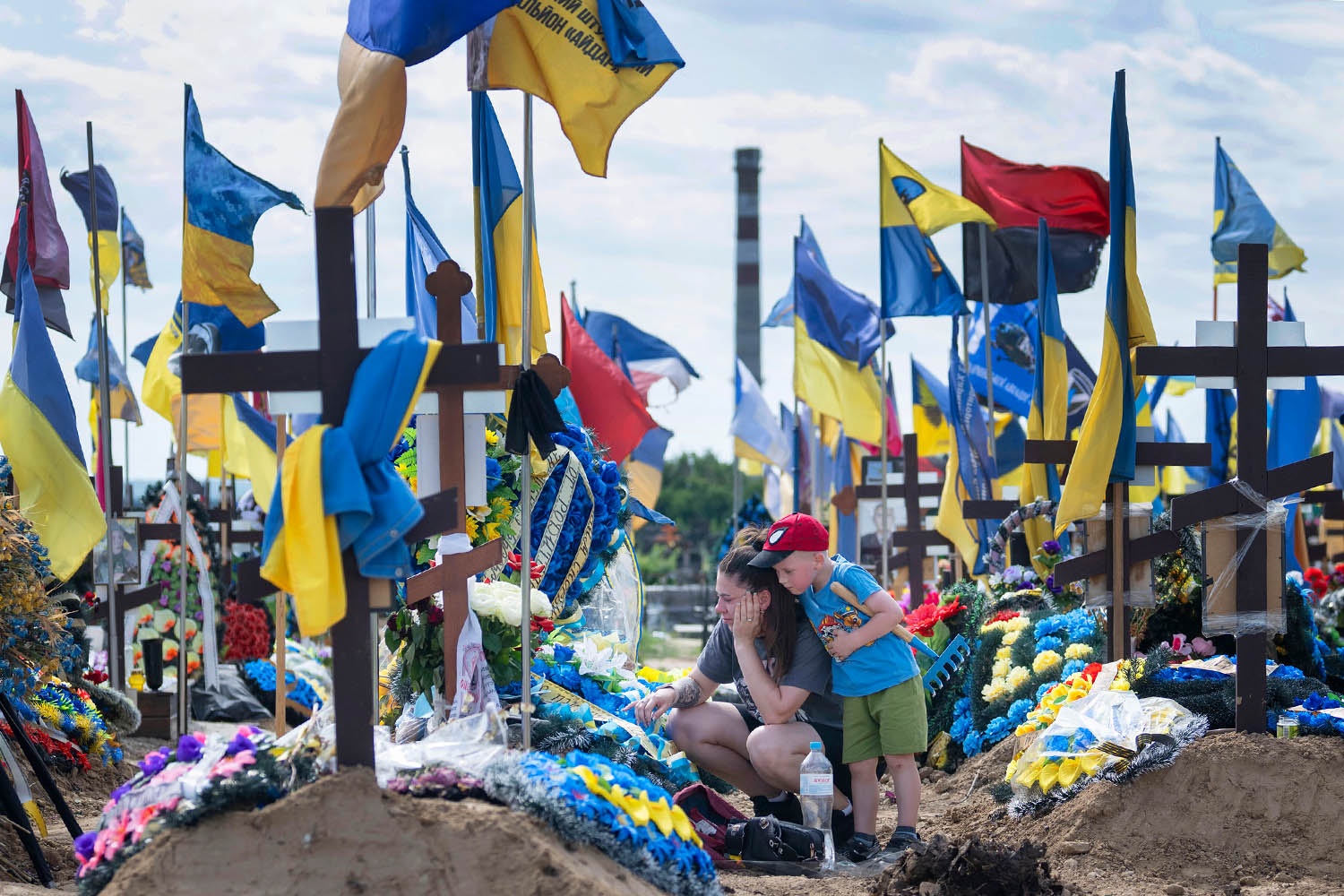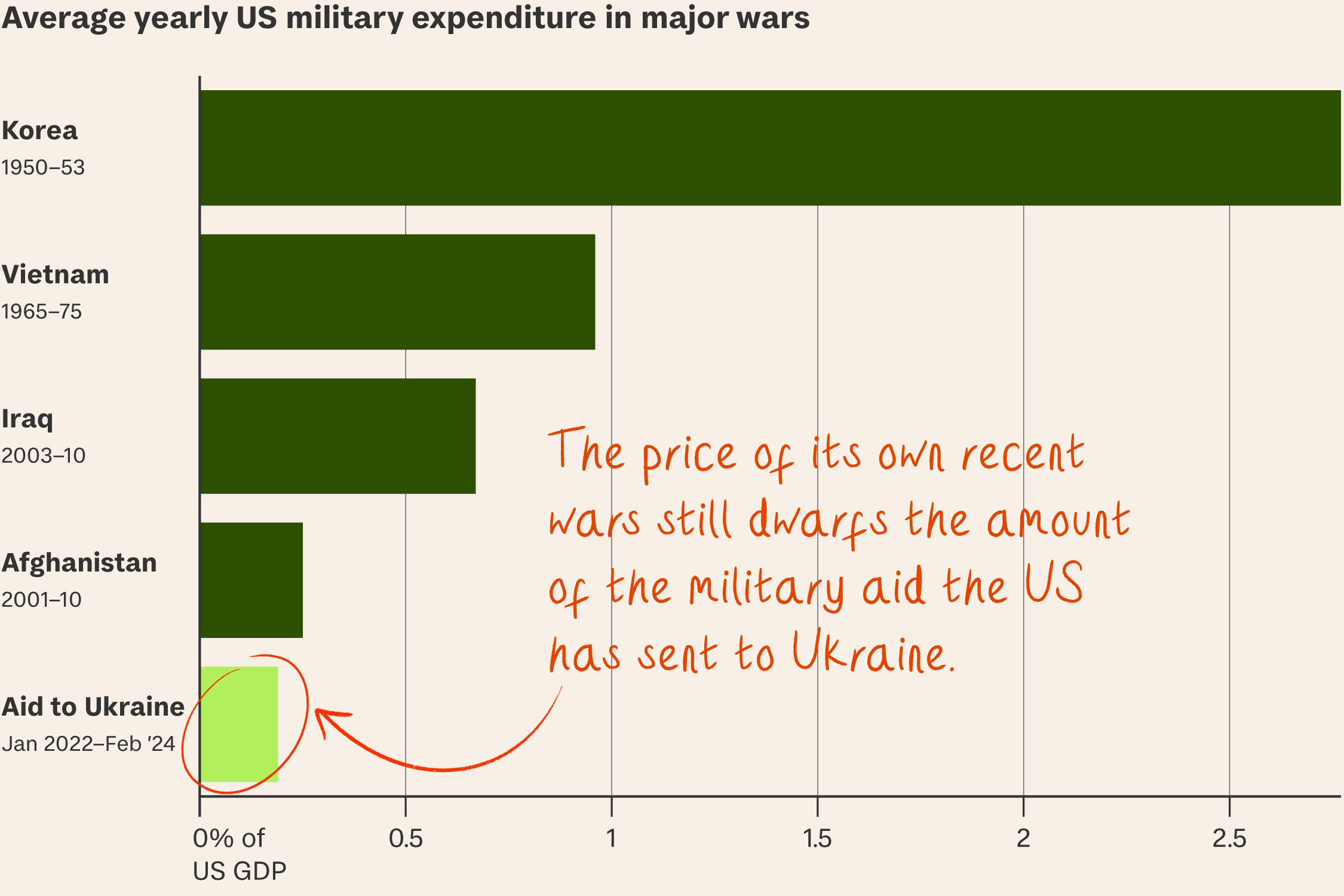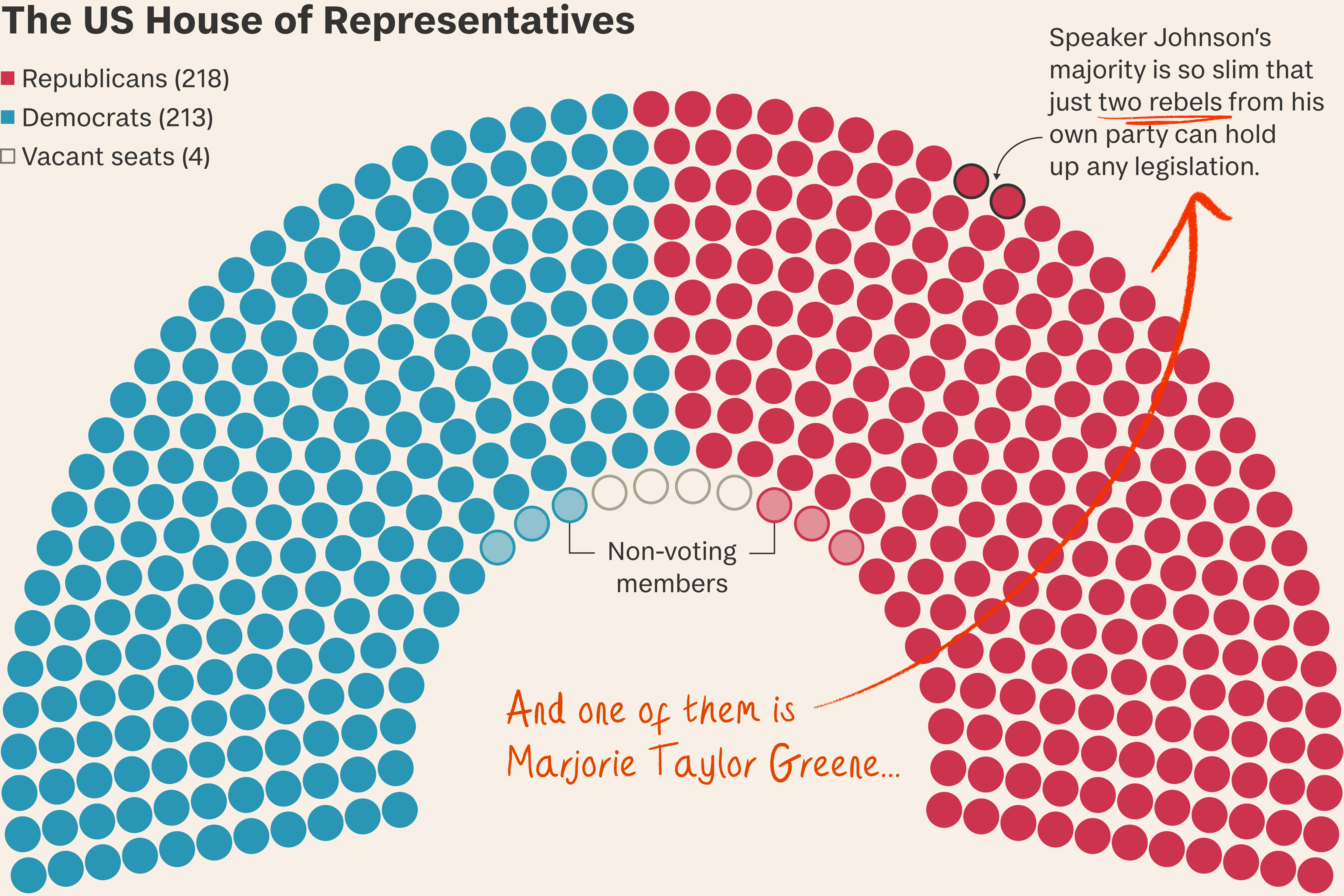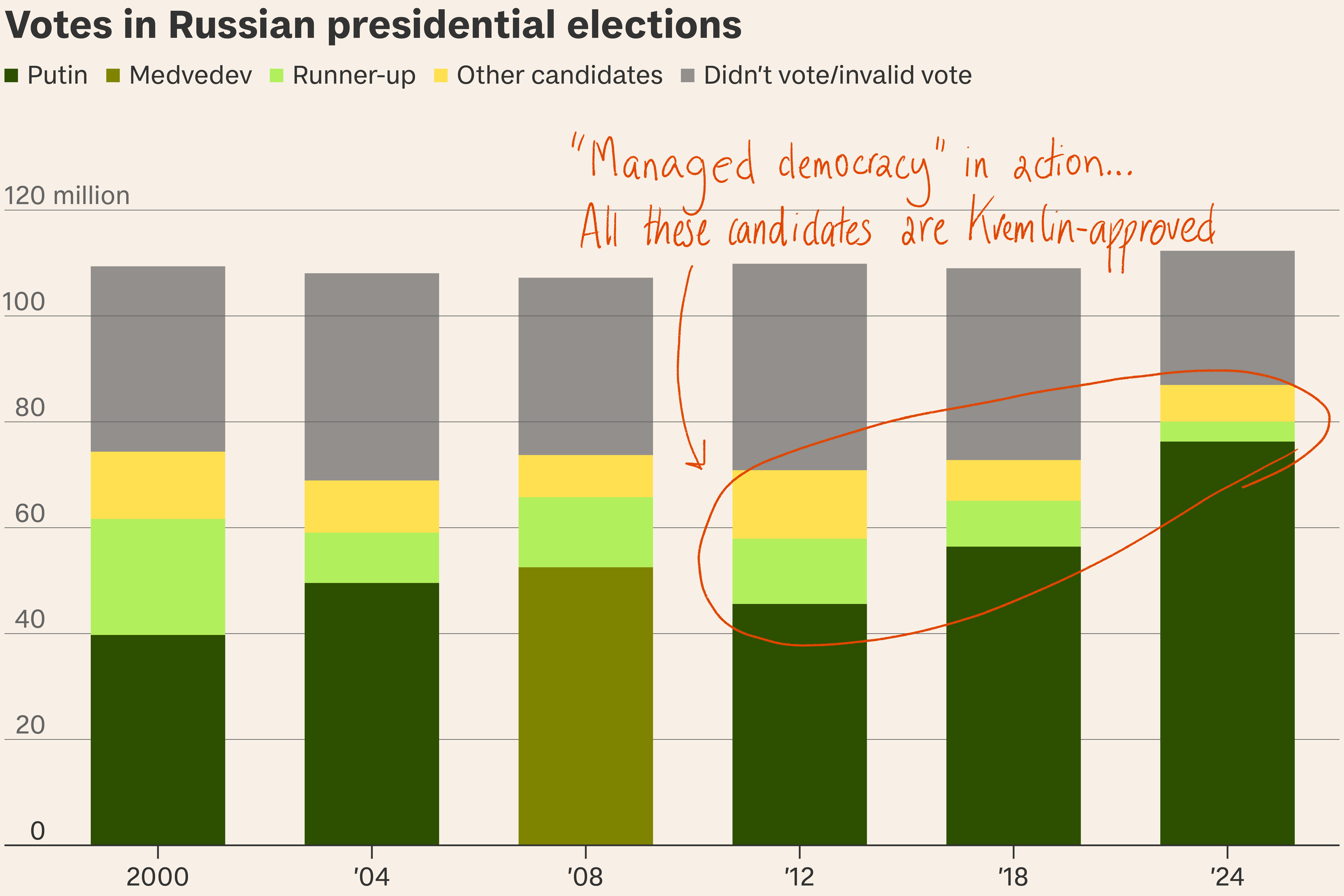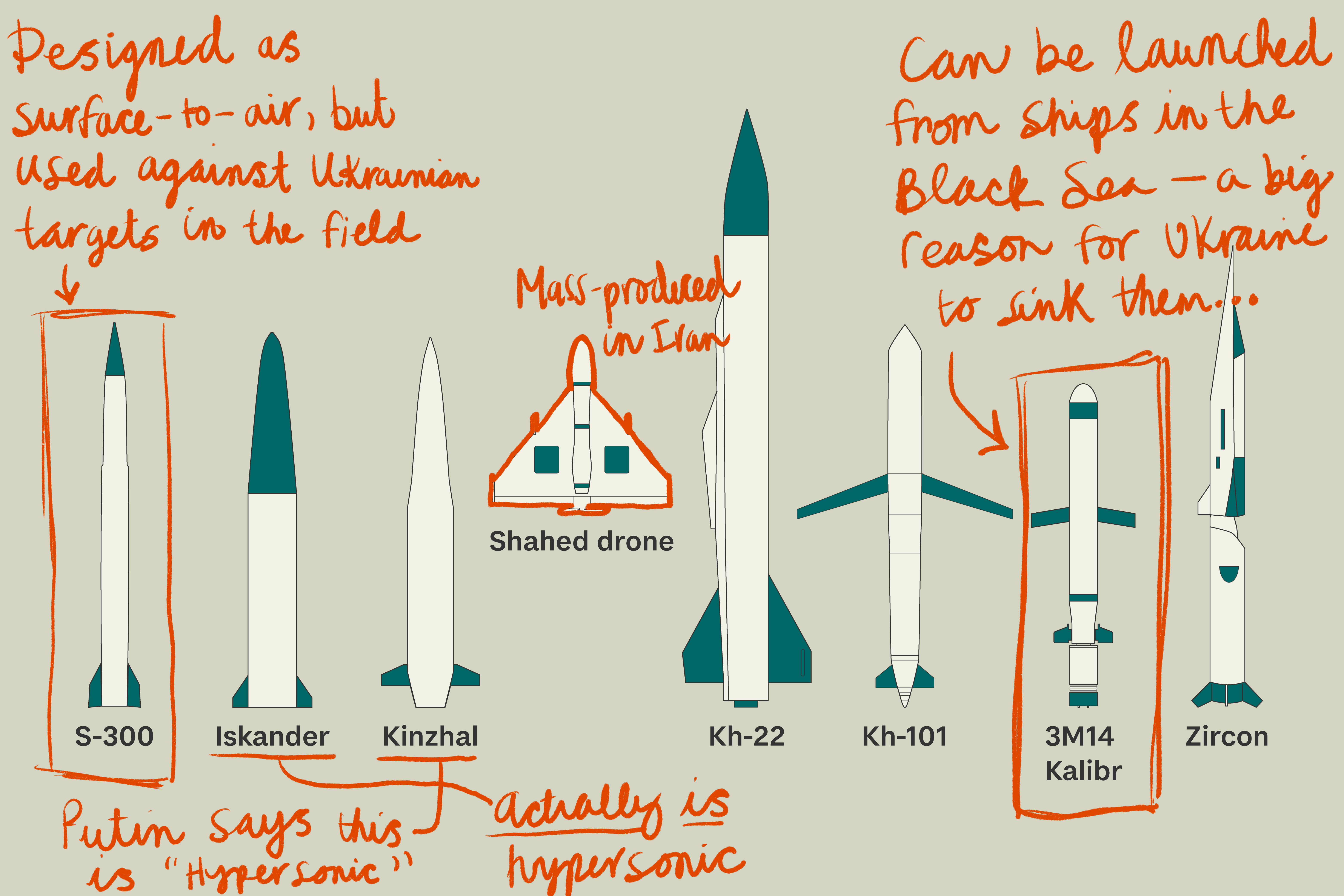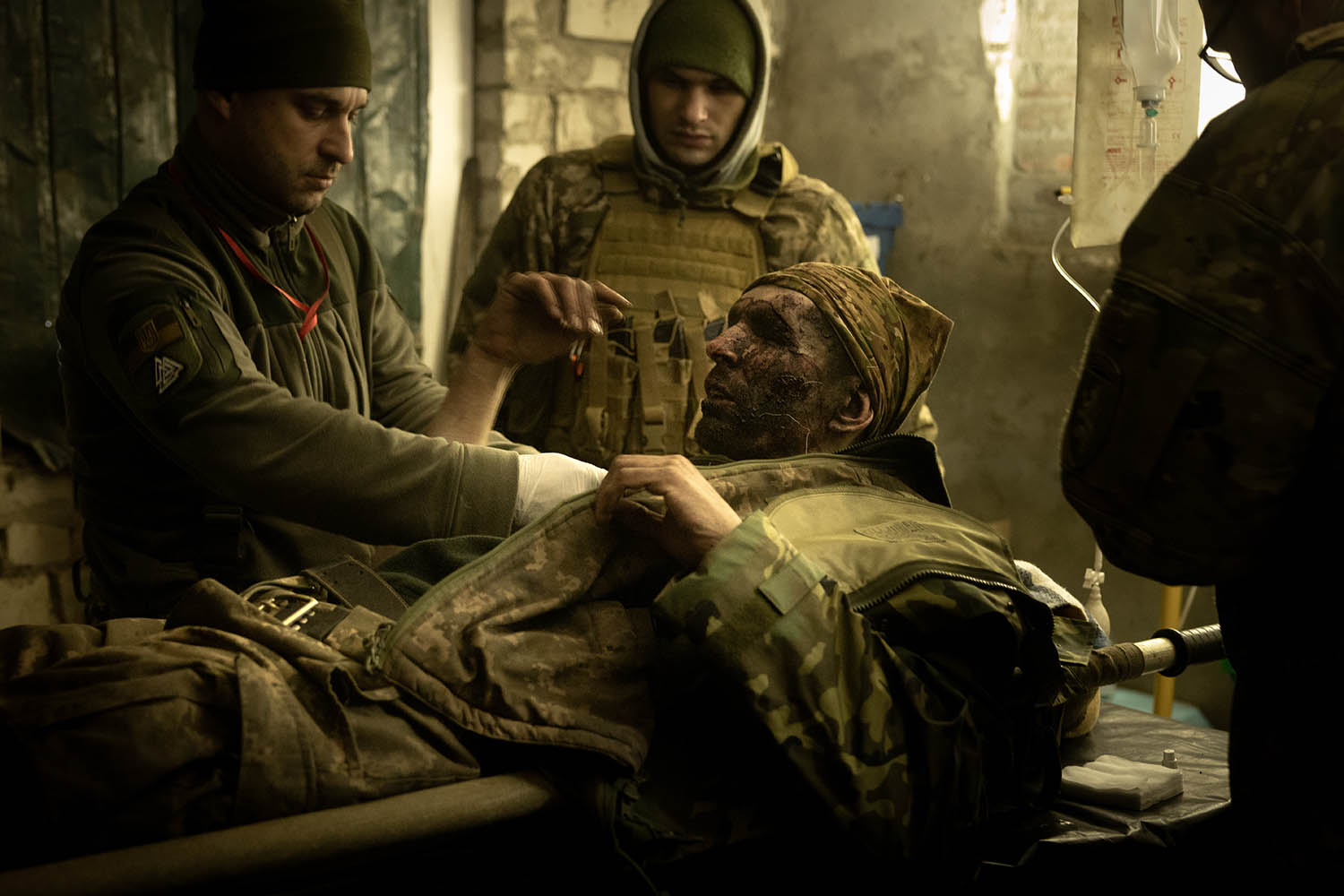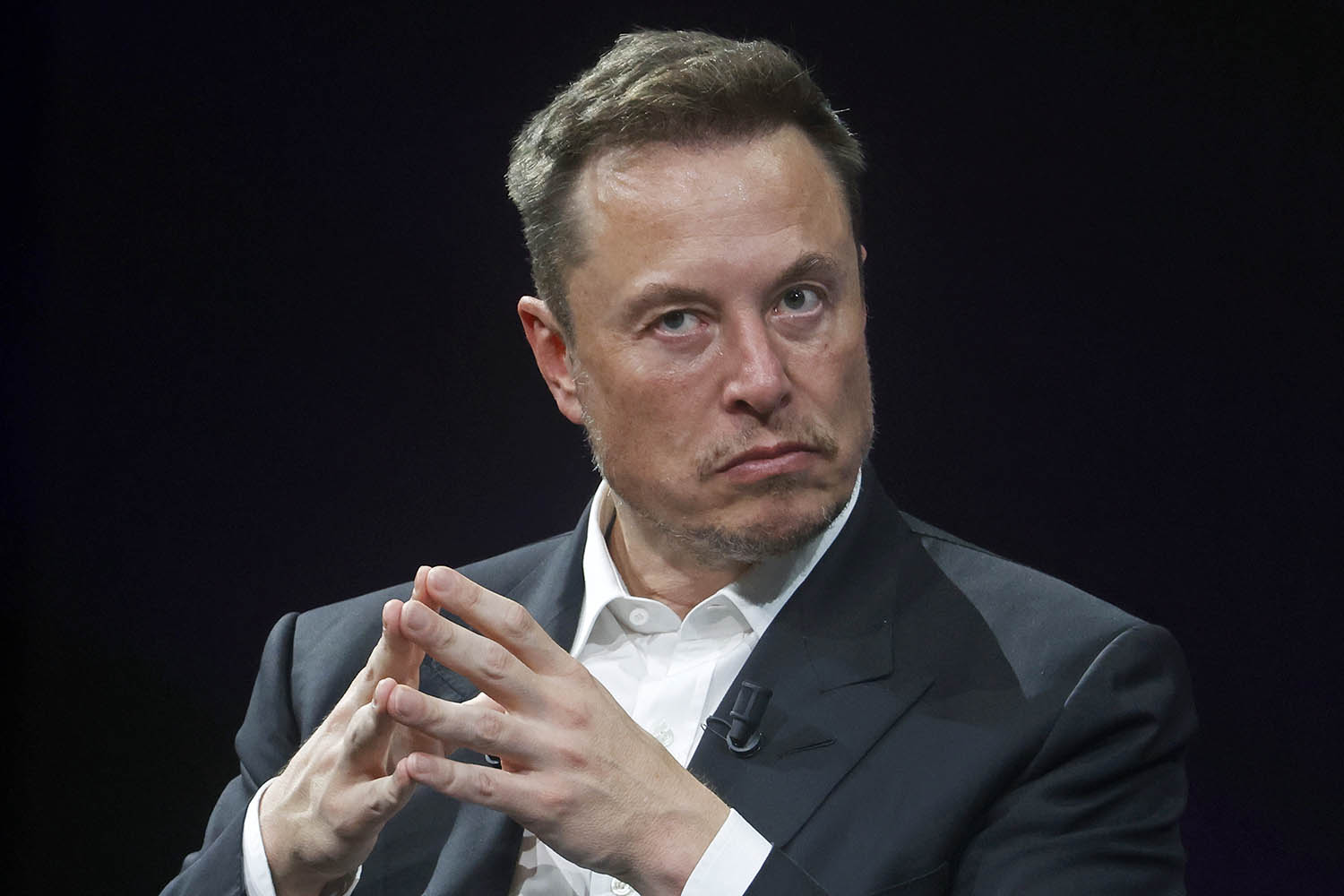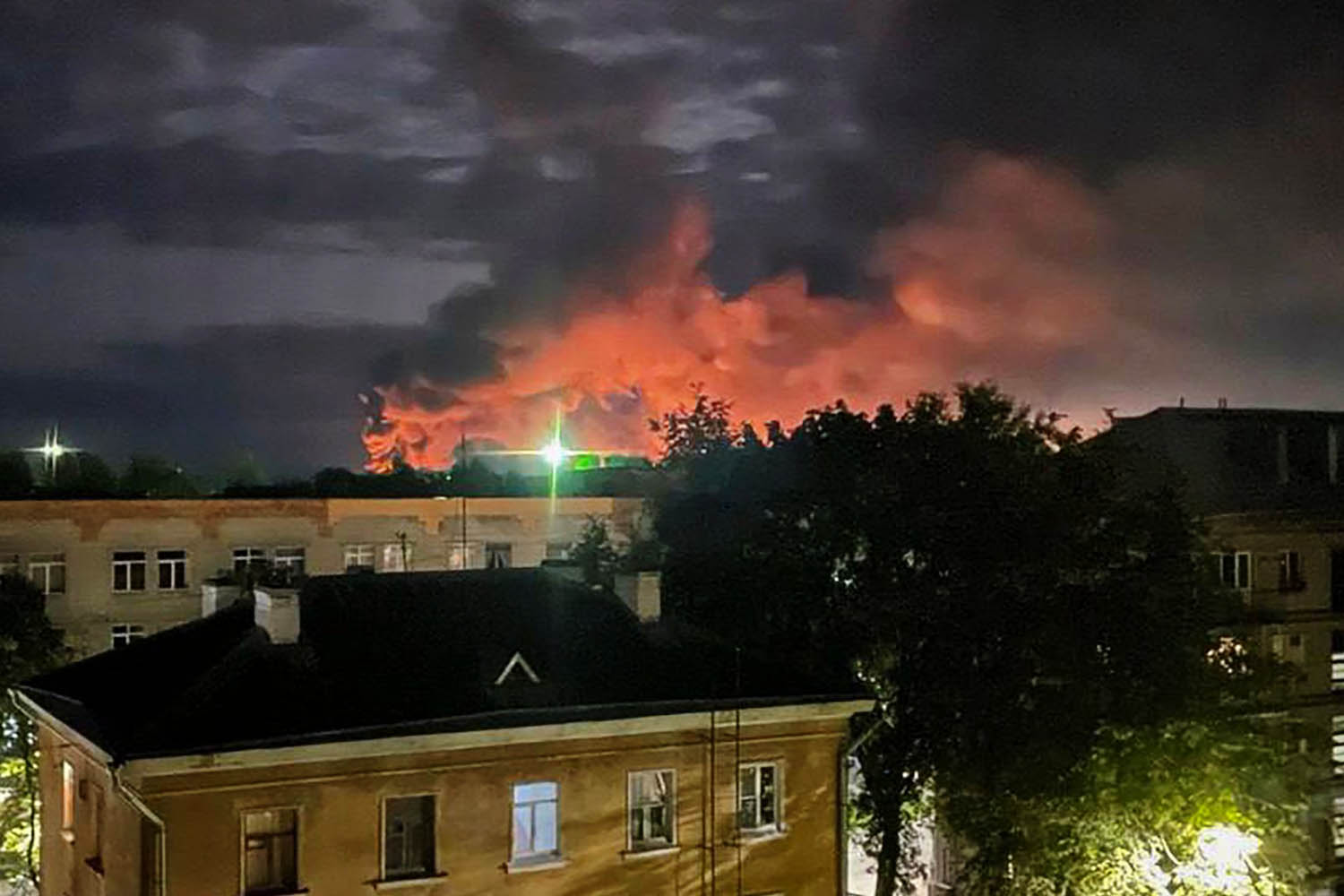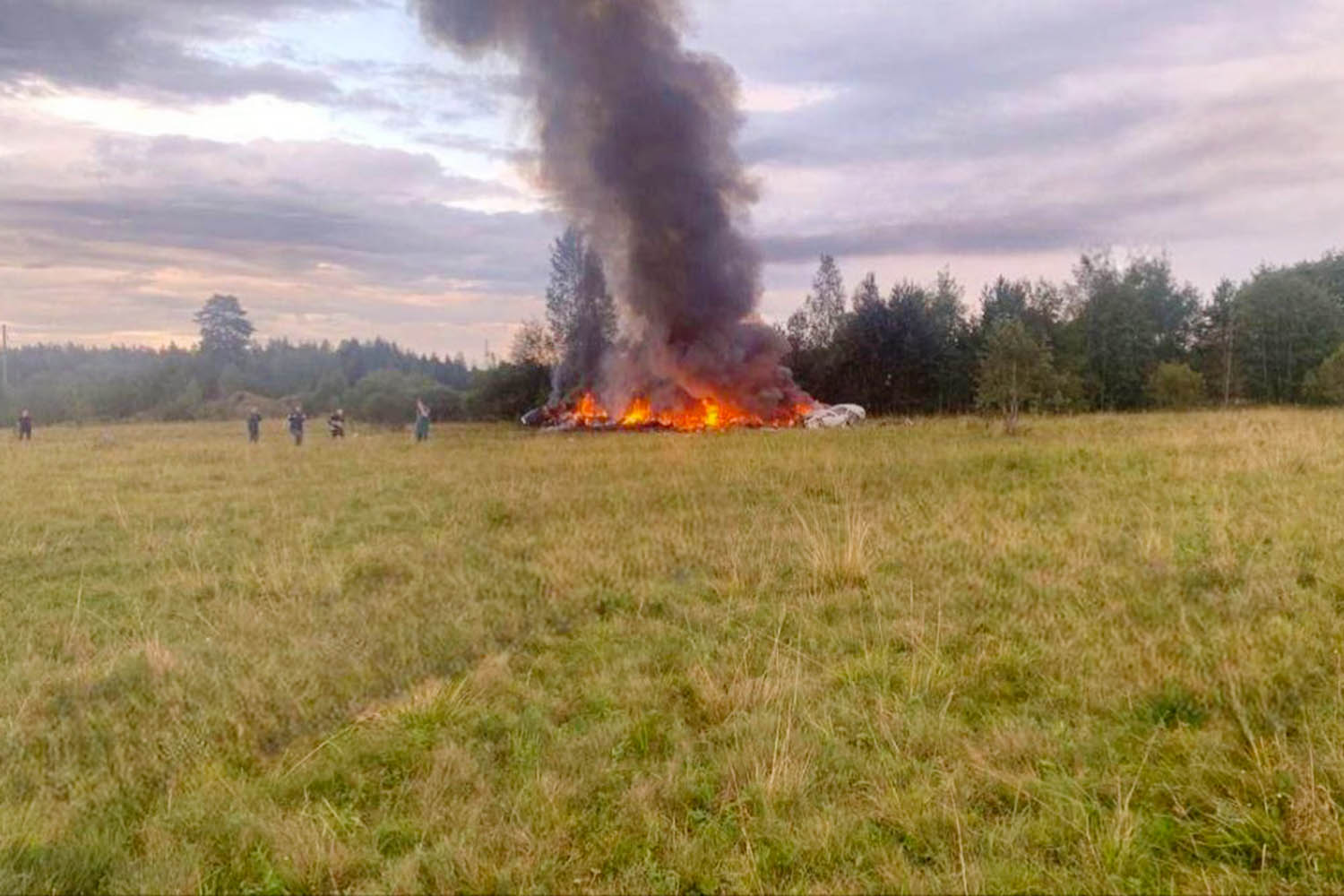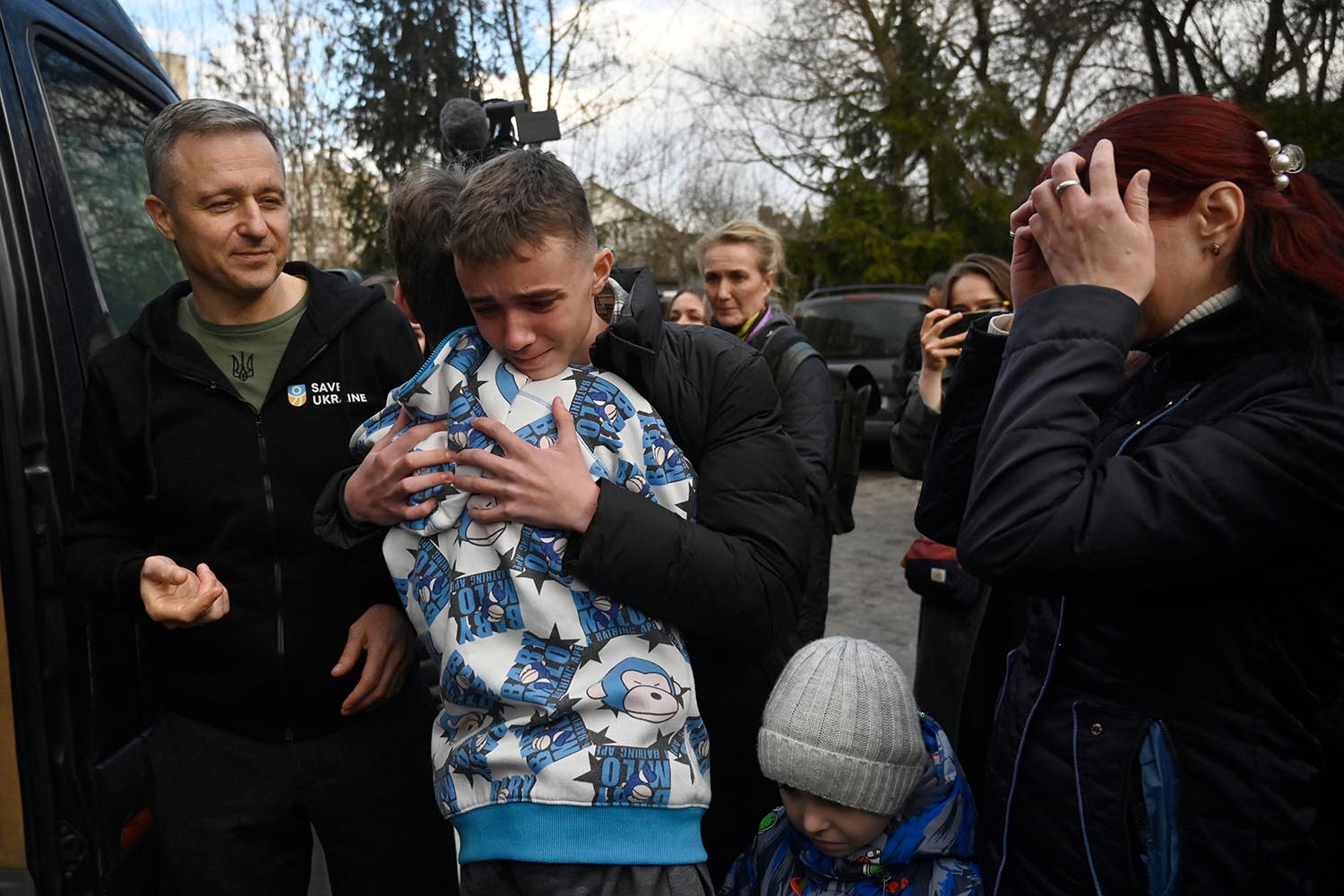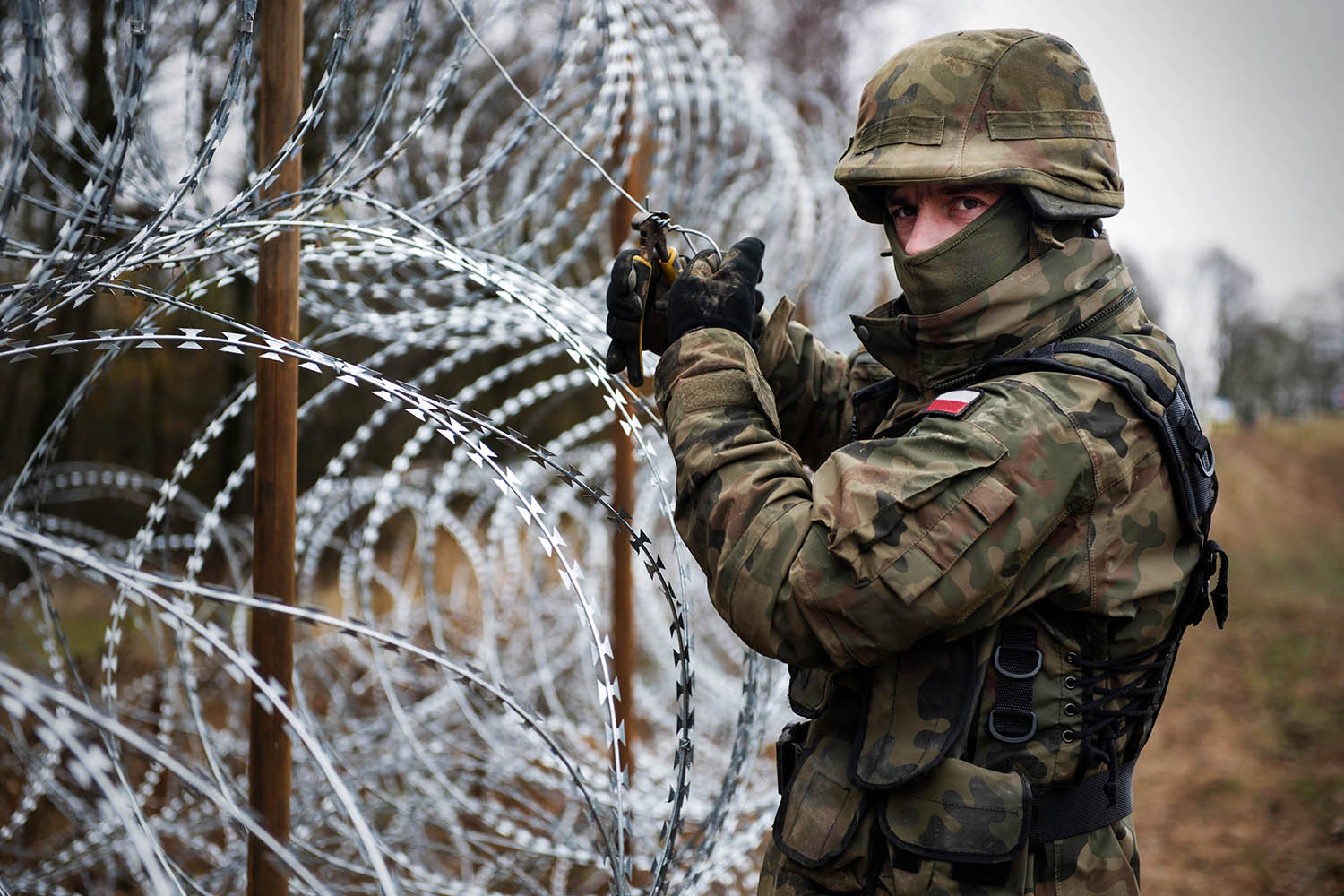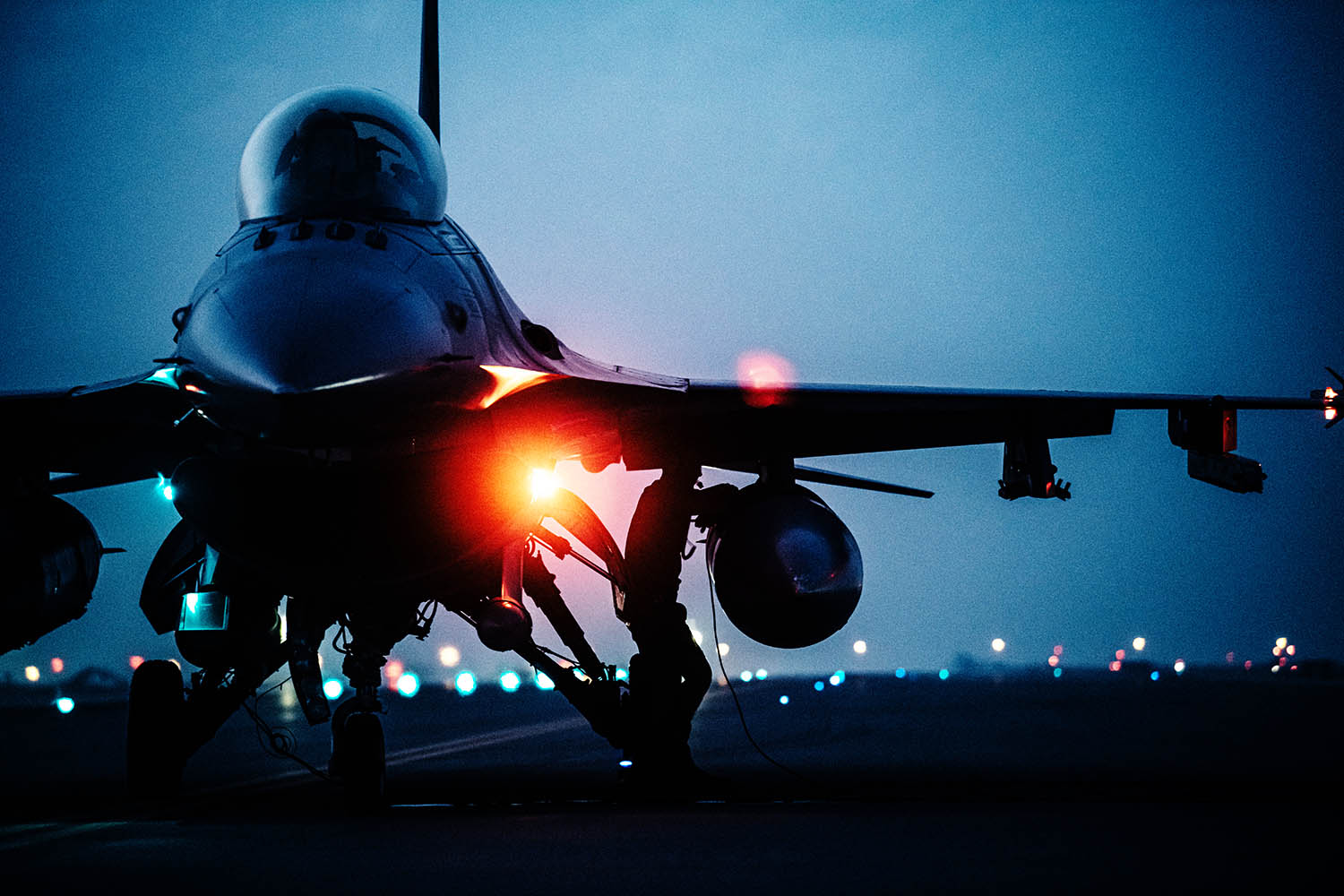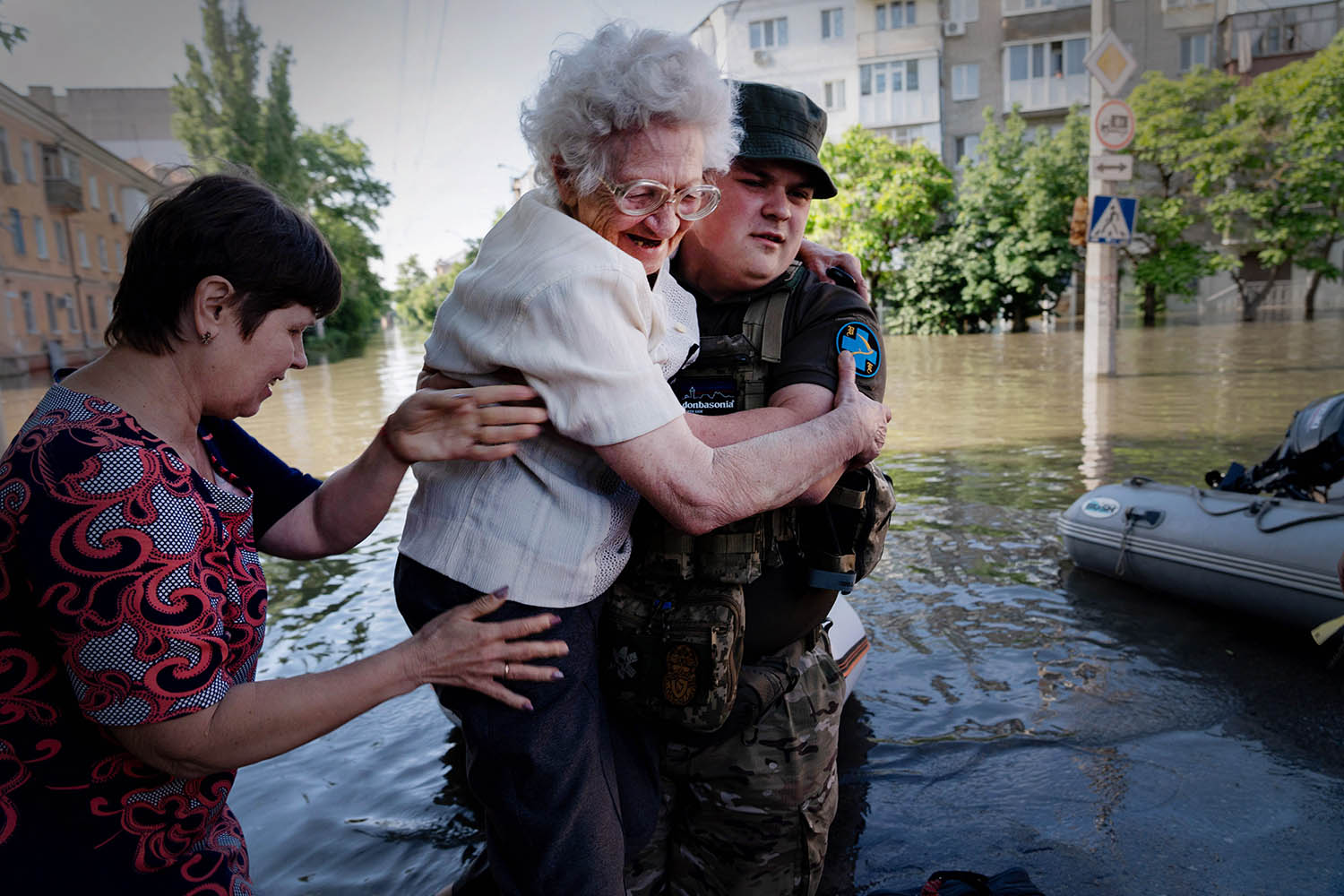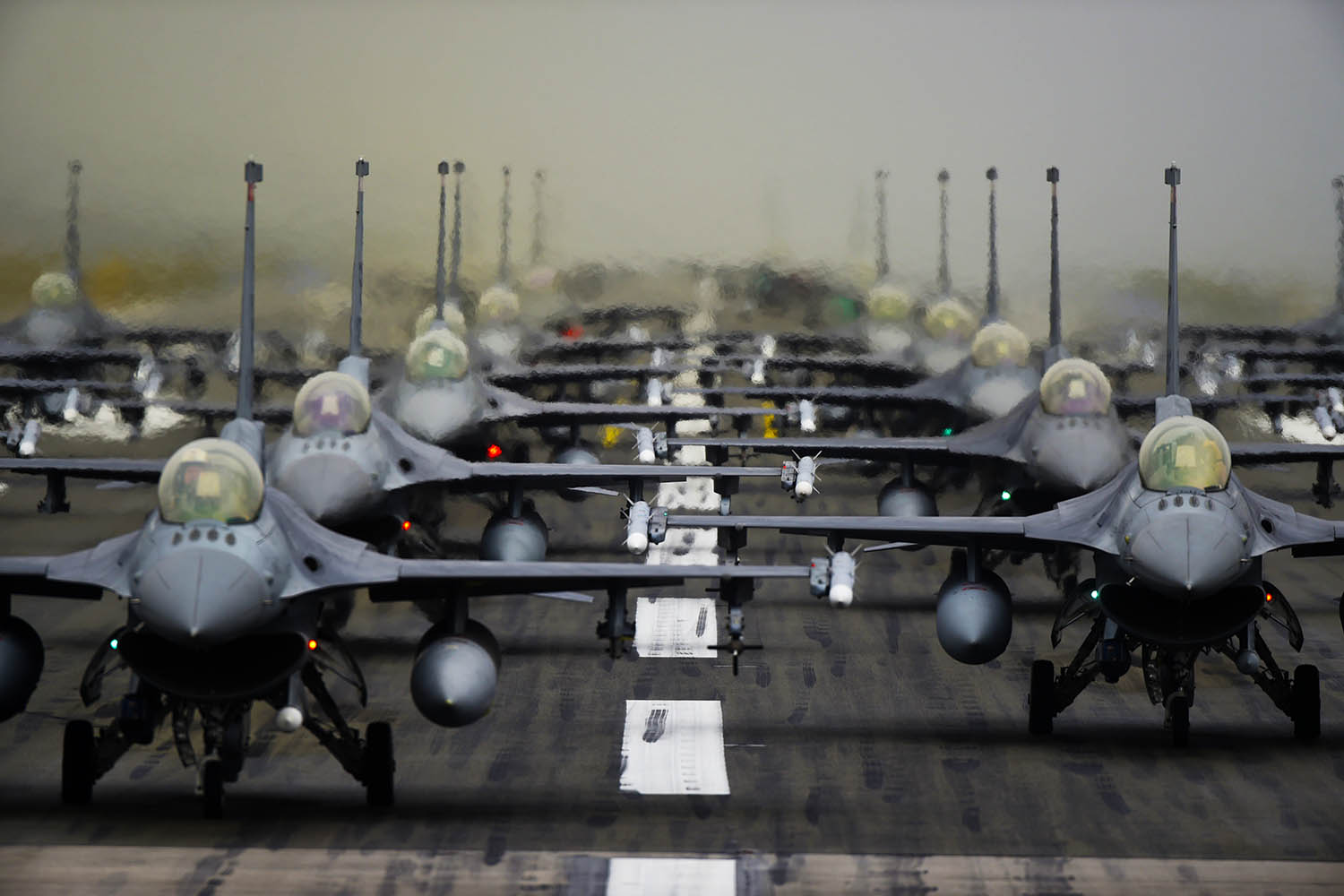What just happened
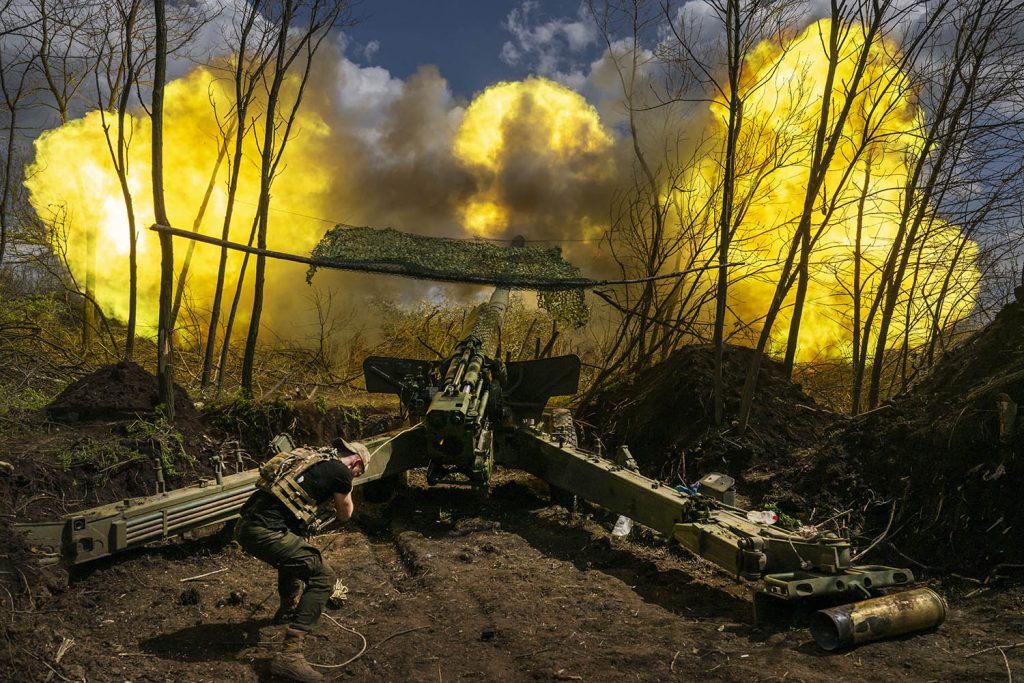
- Richard Sharp resigned as chairman of the BBC (more below).
- The US navy said Iran seized an oil tanker in international waters in the Gulf of Oman.
- The UK prepared to ditch a plan to scrap 4,000 EU laws by the end of the year.
This week Russia hosted a debate at the UN on its founding Charter that included discussion of the principle of self-determination, which Putin’s army is trying to crush with high explosives in Ukraine.
So what? This isn’t the first time Russia has made a mockery of the UN. It held the rotating presidency of the UN Security Council as it trampled on the charter by invading Ukraine last year. On Monday its foreign minister blamed “the Western minority” for the fact that “tensions between major powers are at an historic high”.
Darkness at noon. Russia is free to invert reality at the UN thanks to its periodic UNSC presidency but also
- its permanent seat on the council; and
- its right of veto over council resolutions.
The council was set up after World War Two expressly to be easily deadlocked and unfair towards the defeated Axis powers, but not to be absurd. There’s a growing consensus that the UN and the council in particular need fundamental reform.
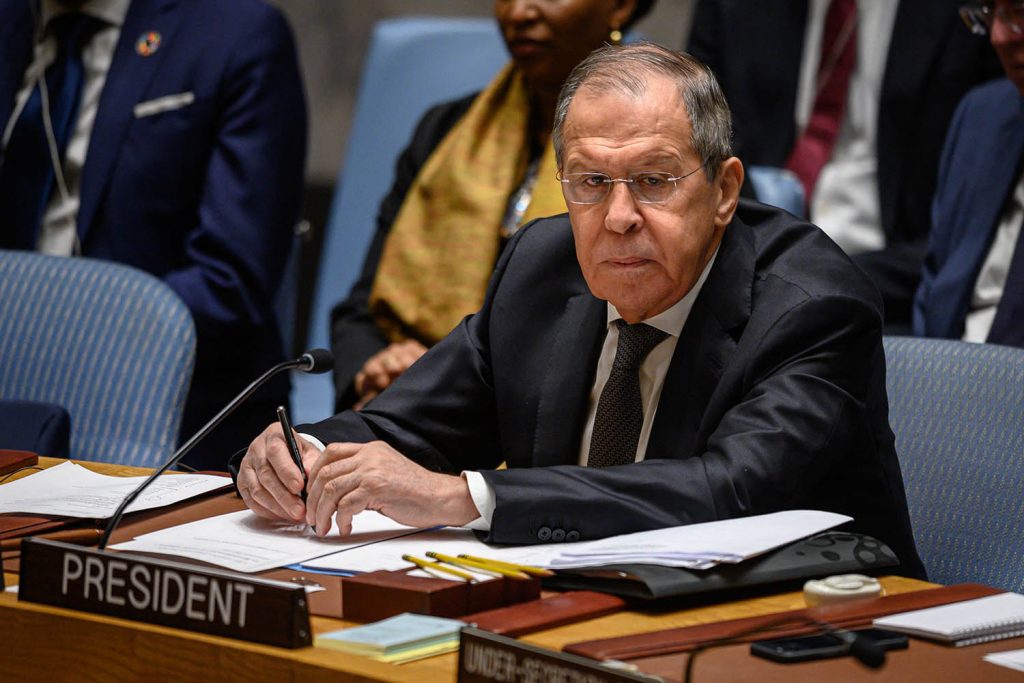
The catch. Russia doesn’t share that consensus. It has a veto (see above), and it has de facto allies across the Global South unwilling to join in Western condemnation of the war even as they bear the brunt of the food and fuel price increases the war has caused.
The hope. Russia did support a new rule introduced at Liechtenstein’s behest last year requiring any power using its UNSC veto to be invited to explain why to the full UN assembly. The rule binds no member state to anything but it’s a start.
The options.
- The Biden administration has backed a reform plan that would expand the UNSC to include permanent members from Africa, Latin America and the Caribbean.
- African leaders in particular embraced the plan at a summit in New York last September.
- The UN Charter’s Article 109 allows the charter itself to be revised by a general conference of member states with a two-thirds majority in the assembly and the approval of nine of 15 UNSC members.
But there’s no mechanism to expel rogue members, nor any prospect of rogue members adopting one. In the meantime, Russia has updated its foreign policy doctrine to redefine the US as its main adversary, as in the Soviet era; and reserve the right to use its army for preventative attacks on any country deemed to threaten Russia or its allies.
Chinese whispers. Absent any hope of peacemaking at the UN, China wants to fill the breach. In an hour-long call between Ukraine’s Volodymyr Zelensky and Xi Jinping this week it was agreed that
- China would make efforts to broker a ceasefire as soon as possible;
- China would send a special representative to Ukraine and “other countries” to arrange peace talks; and
- Ukraine would send an ambassador to China after two years without one.
The call seems to have been partly damage limitation after Beijing’s ambassador to France let slip the view that no new post-Soviet borders were set in stone; and Zelensky said afterwards that territorial compromises were off the table. But China wants to project the image of a peace broker not least to distract from its intentions towards Taiwan. It has persuaded Iran and Saudi Arabia to restore ties and invited Brazil to join a “peace club” aiming to negotiate the end of war.
Rightly or wrongly, in the vacuum left by a paralysed UN, China will have a role.
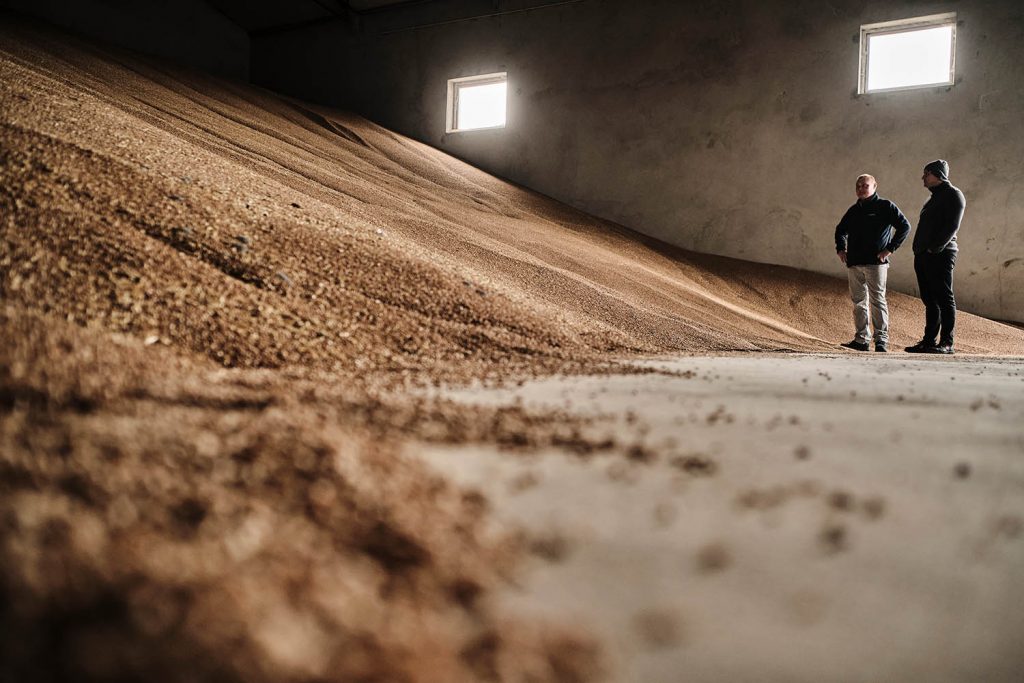
Grain glut
Two numbers to conjure with: 40,000 per cent and €156 million. The first is the increase in the amount of Ukrainian wheat imported to Bulgaria, Hungary, Poland, Romania and Slovakia in 2022 compared with the year before. The second is the amount the EU is offering to fix the problem. When Russia invaded Ukraine and blockaded key Black Sea ports, the EU lifted tariffs on Ukraine’s agricultural exports and set up “solidarity lanes” to transport goods through neighbouring countries in a rush of good intentions. But transport problems mean the produce has remained stuck, leading to a glut and a fall in prices for local farmers. Now the eastern European countries – except Romania – have imposed import bans on Ukrainian produce and are resisting criticism from the bloc. With elections approaching in Poland and Slovakia, farmers’ voices will continue to ring loud. The risk is that they drown out Ukraine’s.
Citation wars
Last week “Heart on My Sleeve”, purportedly by Drake and The Weeknd, picked up 10 million TikTok views and hundreds of thousands of streams. The problem: the artists didn’t write the song. AI did. Another problem is that tech companies are now moving at speed to build generative AI programmes to compete with OpenAI’s ChatGPT release, but they all rely on vast bodies of other people’s creative and intellectual property scraped from the internet. Governments and creative industries are being forced to move at the same pace and thorny legal disputes loom. The EU, historically an early mover on tech regulation, is seeking to add controls of AI-generated content to its broader AI regulation bill. The WSJ has an early look at new language which would require companies to disclose a “sufficiently detailed summary” of the copyrighted material used in their systems for tools like ChatGPT. Not everyone is so bothered: the Canadian singer Grimes has said she would split 50 per cent of royalties with any successful AI-generated track that included her voice.

